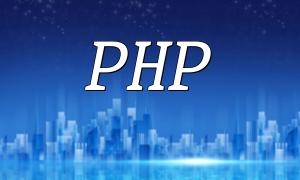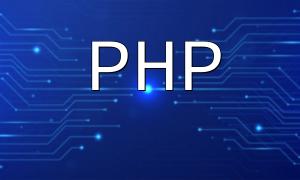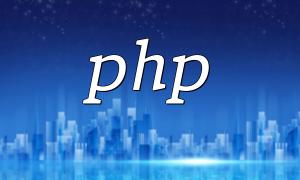In modern web development, JavaScript (JS) and PHP are two essential programming languages. Each has unique advantages and application scenarios, often making it challenging for developers to choose between them. This article explores the core challenges of both languages to help you make a more informed decision.
JavaScript was initially designed for frontend development but is now widely used on the backend (such as with Node.js). Here are some of the key challenges JS developers face:
Asynchronous processing is a hallmark of JavaScript, but it also introduces significant challenges. Developers must master technologies like Promises and async/await to write clear and efficient asynchronous code, avoiding callback hell or confusing logic.
fetch('https://api.example.com/data')
.then(response => response.json())
.then(data => console.log(data))
.catch(error => console.error('Error:', error));
JavaScript uses a prototype chain for inheritance, which can be unfamiliar and confusing for newcomers. A deep understanding of the prototype chain is crucial for building robust code structures.
function Person(name) {
this.name = name;
}
Person.prototype.sayHello = function() {
console.log('Hello, ' + this.name);
};
PHP, as a server-side programming language, plays a vital role in web development. Its main challenges focus on the following areas:
PHP's error handling mechanism can make coding difficult, especially when error handling logic becomes deeply nested. Mastering try-catch statements is essential for catching exceptions and ensuring program stability.
try {
// Code that may throw exceptions
} catch (Exception $e) {
echo 'Caught exception: ', $e->getMessage(), "\n";
}
As traffic grows, PHP applications often face performance issues. Effectively using caching, optimizing database queries, and reducing resource consumption are key to improving performance.
Overall, JavaScript and PHP each present unique challenges. JavaScript’s asynchronous programming and prototype inheritance demand strong logical thinking and comprehension skills, while PHP requires more hands-on experience with error handling and performance tuning. The choice depends on your project needs and background.
Regardless of which language you choose, continuous learning and practical experience are essential to mastering these challenges and improving your skills.









